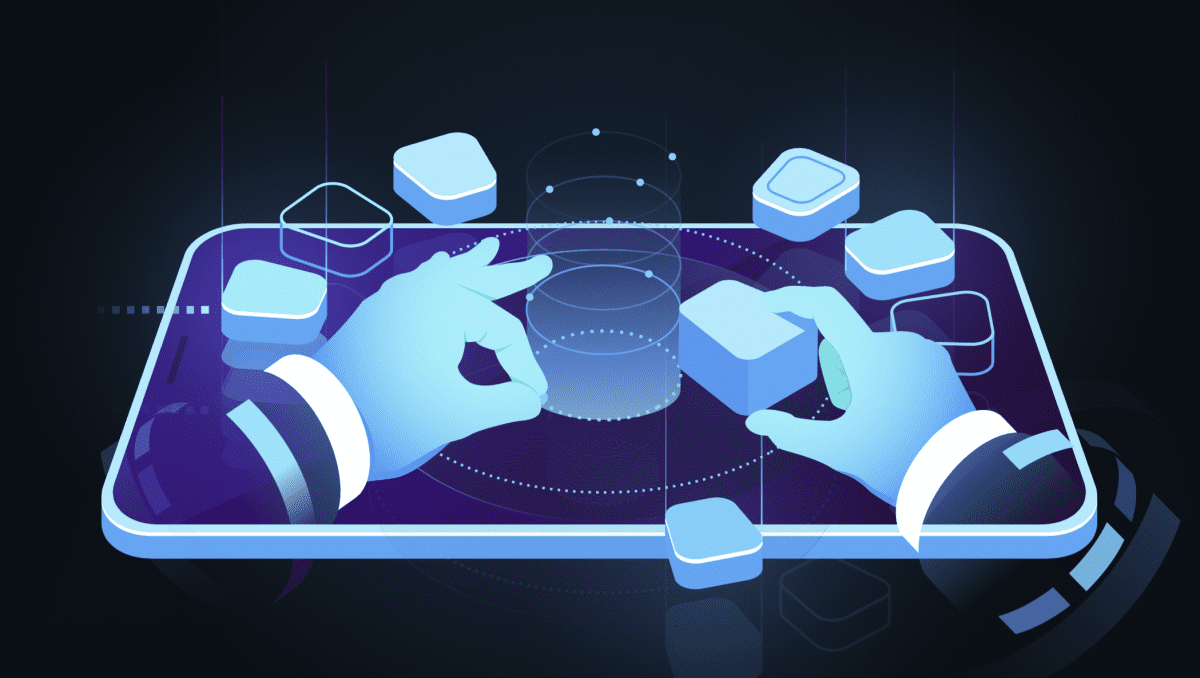The digital age has presented various challenges and opportunities for companies of all sizes. To remain competitive, businesses must embrace digital transformation and utilize the latest software technologies. This article highlights ten game-changing software technologies that can help take businesses’ digital transformation journey to the next level. These technologies include artificial intelligence (AI), machine learning, blockchain, cloud computing, Internet of Things (IoT), augmented and virtual reality, robotic process automation (RPA), big data analytics, cybersecurity, and digital twins. By leveraging these technologies, companies can improve efficiency, enhance the customer experience, and drive growth while gaining valuable insights into their operations.
10 Game-Changing Software Technologies for Your Digital Transformation Journey
The digital age presents unprecedented opportunities and challenges for businesses of all sizes. To remain competitive, companies must embrace digital transformation and leverage the latest software technologies. Here are 10 game-changing software technologies that can help take your digital transformation journey to the next level.
1. Artificial Intelligence (AI)
Artificial intelligence (AI) is transforming the way businesses operate. AI-powered tools can perform complex tasks such as data analysis, customer service, and even decision-making with remarkable speed and accuracy. By integrating AI into their operations, companies can improve efficiency, save time, and enhance the customer experience.
2. Machine Learning
Machine learning is a subset of AI that involves the development of algorithms that can learn and improve based on data input. Machine learning is used in a wide range of applications, from predicting sales trends to detecting fraud. By leveraging machine learning algorithms, companies can gain valuable insights into their operations and improve performance.
3. Blockchain
Blockchain technology is revolutionizing the way transactions are conducted online. A blockchain is a decentralized ledger that records every transaction across a network of computers. Blockchain technology is secure, transparent, and tamper-proof, making it ideal for applications such as supply chain management and financial transactions.
4. Cloud Computing
Cloud computing enables businesses to access computing resources over the internet rather than having to maintain their own IT infrastructure. This approach can reduce costs, increase flexibility, and improve scalability. With cloud computing, businesses can easily access powerful tools and resources to help drive their digital transformation efforts.
5. Internet of Things (IoT)
The Internet of Things refers to the network of physical devices, vehicles, and other objects that are embedded with sensors, software, and connectivity. The IoT enables businesses to collect data from a wide range of sources, automate processes, and improve decision-making. By leveraging IoT technology, companies can gain valuable insights into their operations and improve efficiency and performance.
6. Augmented and Virtual Reality
Augmented and virtual reality technologies are transforming the way businesses interact with customers and employees. These technologies can be used to create immersive experiences that can enhance training, marketing, and customer service. By leveraging these technologies, companies can engage their customers and employees in new and innovative ways.
7. Robotic Process Automation (RPA)
Robotic process automation (RPA) uses software robots or “bots” to automate repetitive, rules-based tasks. RPA can be used to automate a wide range of processes, from data entry to customer service. By leveraging RPA, companies can improve efficiency, reduce errors, and free up employees to focus on more strategic tasks.
8. Big Data Analytics
Big data analytics involves the use of advanced analytics tools to analyze large amounts of data. By leveraging big data analytics, companies can gain valuable insights into their operations, customers, and competitors. This information can be used to improve performance, identify new opportunities, and drive growth.
9. Cybersecurity
Cybersecurity is a critical component of any digital transformation initiative. As businesses become more reliant on digital technologies, they are also becoming more vulnerable to cyber threats. By implementing robust cybersecurity measures, companies can protect their assets, data, and customers from cyber attacks.
10. Digital Twins
A digital twin is a virtual replica of a physical system or process that can be used for simulation, analysis, and optimization. Digital twins can be used to improve performance, reduce costs, and enhance reliability. By leveraging digital twins, companies can gain deeper insights into their operations and optimize processes for maximum efficiency.
In conclusion, digital transformation is essential for businesses that want to remain competitive in the digital age. By leveraging the latest software technologies, companies can improve efficiency, enhance the customer experience, and drive growth. The 10 game-changing software technologies discussed in this article provide a solid foundation for any digital transformation journey.
